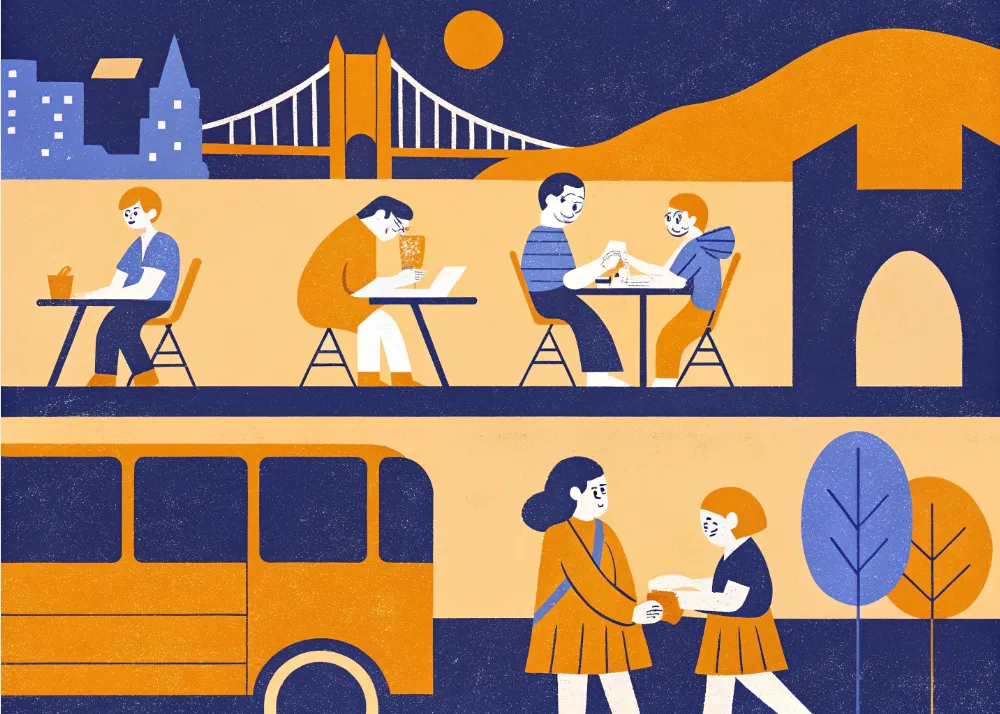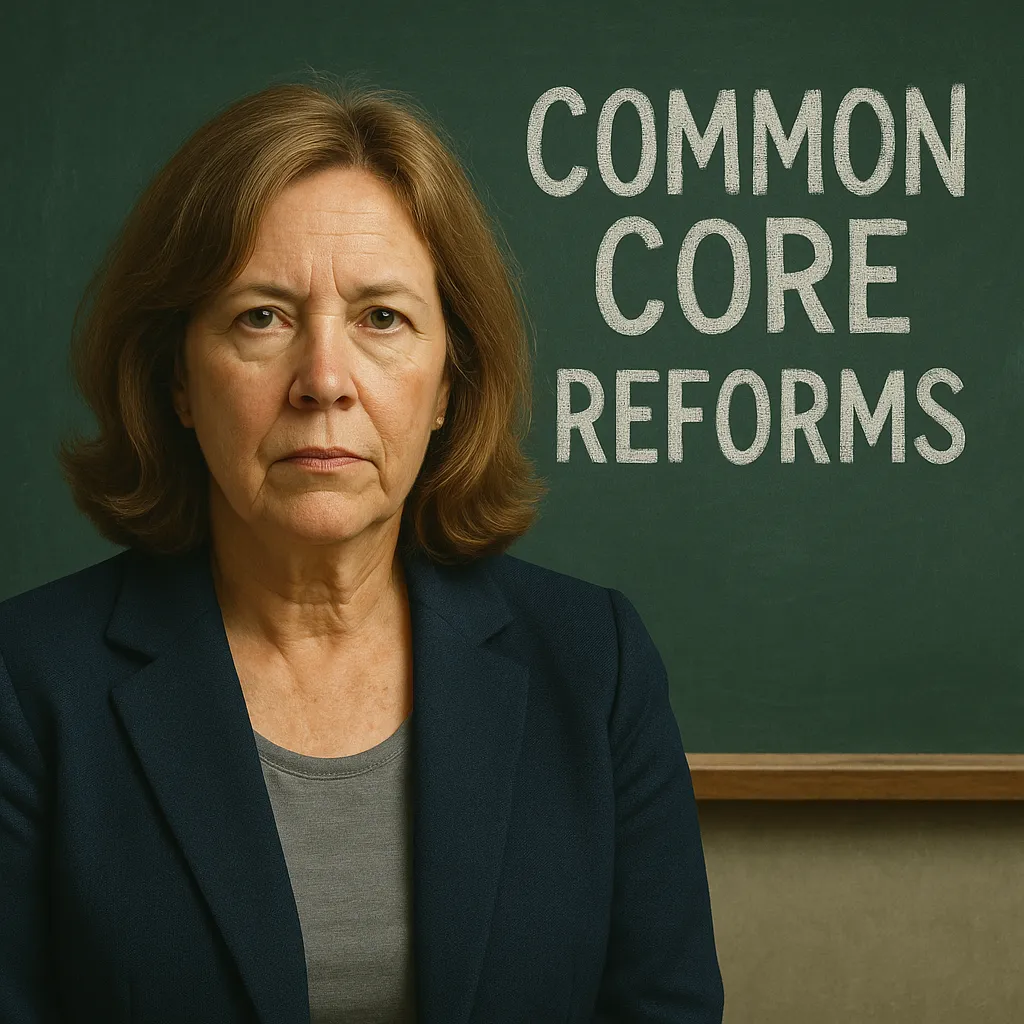In recent years, a significant movement has emerged among New York parents, educators, and students, voicing strong opposition to high-stakes standardized testing in public schools. This collective resistance, known as the “opt-out” movement, reflects growing concerns about the impact of these tests on educational quality, student well-being, and equity within the education system.
The Rise of the Opt-Out Movement in New York
The opt-out movement gained momentum in the early 2010s, with a notable surge in participation across the state. Parents and guardians began exercising their right to refuse their children’s participation in standardized tests, particularly those administered to students in grades 3 through 8. This action was driven by apprehensions regarding the overemphasis on testing and its perceived detrimental effects on both teaching and learning.
In 2023, the average test refusal rate across New York’s school districts was 13.6%. This statistic underscores the substantial number of families choosing to opt out, signaling widespread discontent with the current testing regime.
Motivations Behind the Movement
Several key factors have fueled the opt-out movement:
- Educational Quality Concerns: Critics argue that high-stakes testing narrows the curriculum, compelling educators to “teach to the test” rather than fostering critical thinking and creativity. This focus can diminish the richness of educational experiences and limit opportunities for holistic learning.
- Student Well-being: There is growing concern about the stress and anxiety that standardized tests can impose on students. The pressure to perform can adversely affect mental health and overall well-being, prompting parents to question the necessity and frequency of these assessments.
- Equity Issues: High-stakes tests are often criticized for perpetuating systemic inequities. Detractors contend that these assessments disproportionately disadvantage students from marginalized communities, including those from low-income backgrounds and communities of color, by not accounting for diverse learning styles and socioeconomic factors.
Statistical Overview of Test Refusals
The opt-out rates have varied across different regions and years. The following table provides a snapshot of the test refusal rates in New York State over recent years:
| Year | Statewide Test Refusal Rate | Notable Regional Variations |
|---|---|---|
| 2015 | Approximately 20% | Higher rates in suburban districts |
| 2023 | 13.6% | Some districts exceeding 50% |
Data compiled from various reports on New York State testing.
These figures highlight the persistence of the opt-out movement and its particular strength in certain regions, reflecting localized concerns and advocacy efforts.
Responses from Educational Authorities
Educational authorities have acknowledged the opt-out movement and its implications. The New York State Education Department (NYSED) has engaged with stakeholders to address concerns, emphasizing the role of assessments in measuring educational outcomes while also recognizing the need for a balanced approach that considers the well-being of students and the professional insights of educators.
Alternatives to High-Stakes Testing
In response to the critiques of standardized testing, some schools and districts have explored alternative assessment models. For instance, the New York Performance Standards Consortium has implemented performance-based assessments, which evaluate students through projects and presentations, aiming to provide a more comprehensive measure of student learning and capabilities.
The Future of Standardized Testing in New York
The opt-out movement has undeniably influenced the discourse on educational assessments in New York. While standardized tests remain a component of the educational framework, ongoing debates and advocacy efforts continue to shape policies and practices. The movement underscores a collective call for assessments that are equitable, holistic, and supportive of diverse learning needs.
As New York navigates the complexities of educational assessment, the voices of parents, educators, and students advocating for change play a crucial role in steering the system toward practices that prioritize meaningful learning experiences over high-stakes testing pressures.



